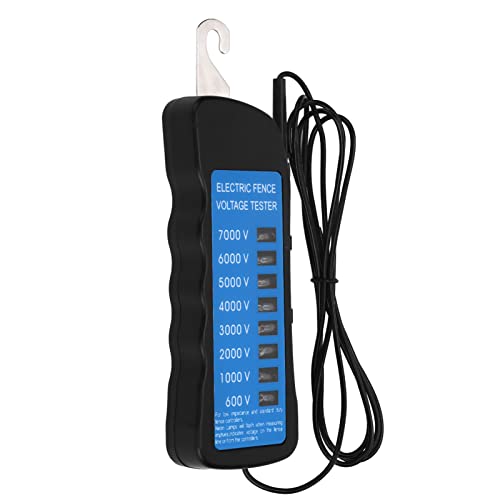There is no geographical safety. Anything could happen. How is your health overall?
If you have children with you, do you know how to treat various childhood illnesses or emergencies?
Do you know how to treat for rabies? Tetanus? Allergic reactions?
@Weedygarden most of the people I know who are "church members" do have supplies and food storage. Shocking amount of food.
A lot of families move frequently and give away their supplies before going as some moving companies will not move food!
And some just don't think anything would happen.
There are a lot of preppers here (TX), but some of the worst disasters can destroy everything.
What state is safest?
If you can get lost "there", maybe "there" is a safe place.
Sheesh, Weeds, you sound like you think like I do...a spreadsheet with a point system. hahaha it's a great idea. Add lions, cougars and bears, oh my!

















































